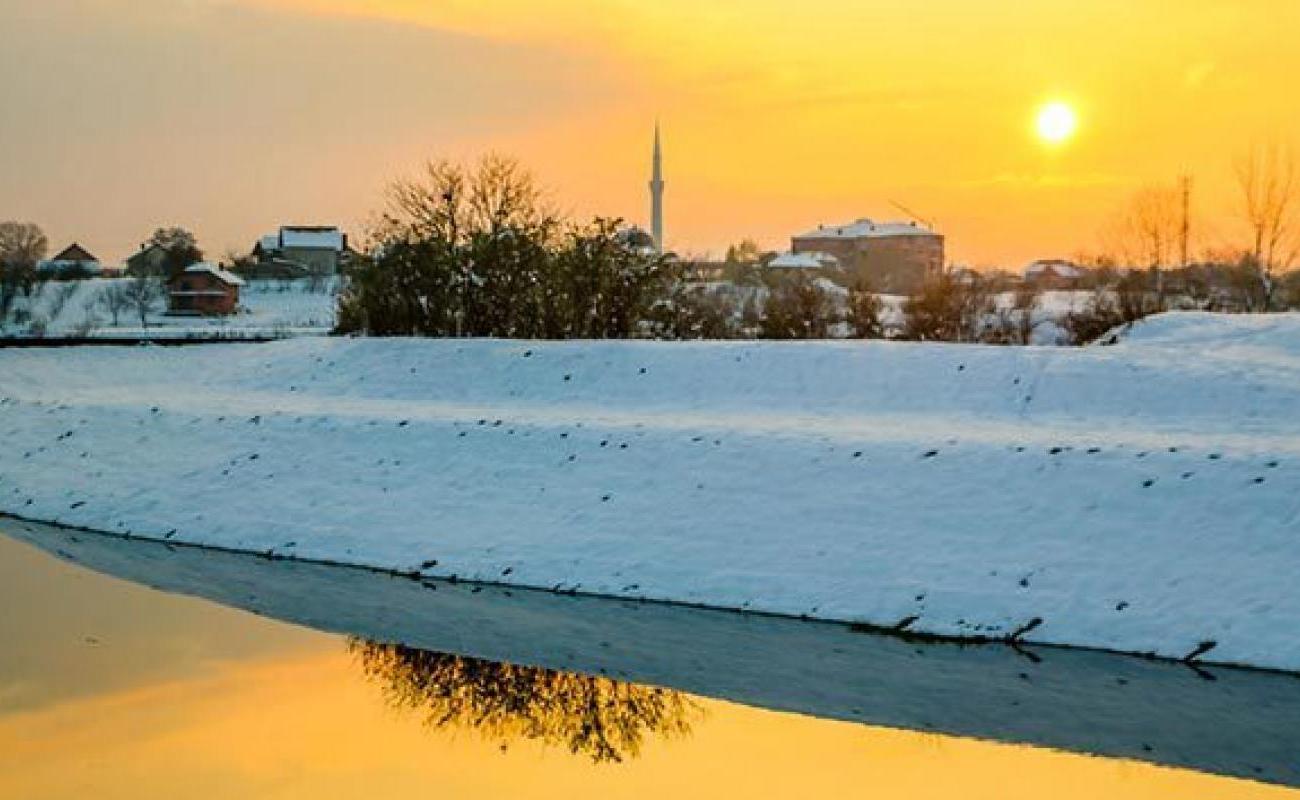Brčko pledges to join EBRD’s Green Cities
Brčko District in northern Bosnia and Herzegovina will scale up urban regeneration Green Cities to help Brčko become a greener city Action plan and trigger for Brčko supported by Italy and Austria

The European Bank for Reconstruction and Development’s (EBRD) fast-expanding €3 billion urban sustainability programme, EBRD Green Cities, is growing in Bosnia and Herzegovina with Brčko city pledging to join the programme. The district in the north of the country faces serious environmental challenges which the programme will facilitate to address.
Esed Kadric, the mayor of Brčko District, and Manuela Naessl, EBRD Head of Bosnia and Herzegovina signed a memorandum of understanding today which facilitates the cooperation between the district and the Bank in the field of urban sustainable infrastructure investments.
EBRD Green Cities already includes over 50 cities across the regions where the Bank invests. The programme is especially strong in Bosnia and Herzegovina, where Banja Luka, Sarajevo and Zenica already signed up to it.
Ms Naessl said: “The environmental challenges in Bosnia and Herzegovina are significant and include high air pollution, low energy and water efficiency as well as a lack of public transport options. We are glad that we are already working with several municipalities and cantons to address some of these issues. EBRD Green Cities offers tangible support to cities to improve their environmental performance and at the same time also improve the quality of people’s lives. We are very happy that Brčko will soon benefit from this programme too.”
As a first step, the EBRD will work with Brčko on identifying sustainable investments. This will include areas such as solid waste management, water and wastewater, urban transport, district heating and the energy efficiency of public buildings. Identifying priority investments and the development of an action plan for Brčko is supported with donor funds from Austria and Italy.
A trigger investment in Brčko is the planned construction of a main water transmission pipeline. It will regulate water pressure across the urban area and bring better quality water service to the city’s inhabitants, while reducing water losses and saving energy. The city hopes to complete the financing for this project in 2021.
EBRD Green Cities was launched in 2016 to address the enormous environmental challenge urban conurbations represent. Cities, which account for 70 per cent of energy use and 80 per cent of greenhouse gas emissions in the world, are a big opportunity to tackle climate change and environmental degradation. This is particularly true of cities in the EBRD regions, where obsolete urban infrastructure diminishes the quality of life of citizens, increasing greenhouse gas emissions, and preventing communities from adapting to climate change.
EBRD Green Cities has won support from multi-lateral donors and attracted significant levels of co-finance, expanding the number of cities that can be supported and further raising the level of ambition. Because of its success and high demand the programme recently has been expanded to a financing volume of €3 billion.
